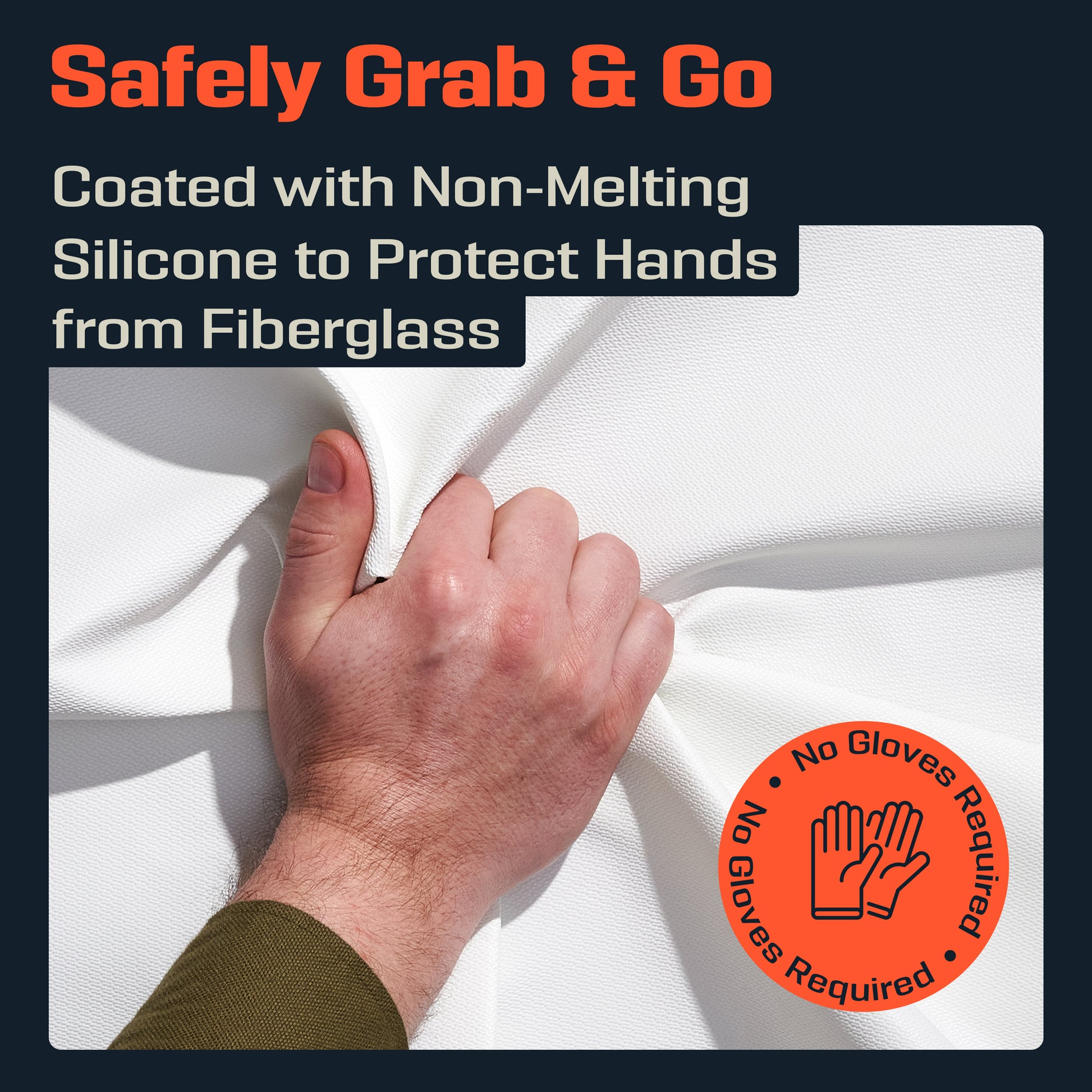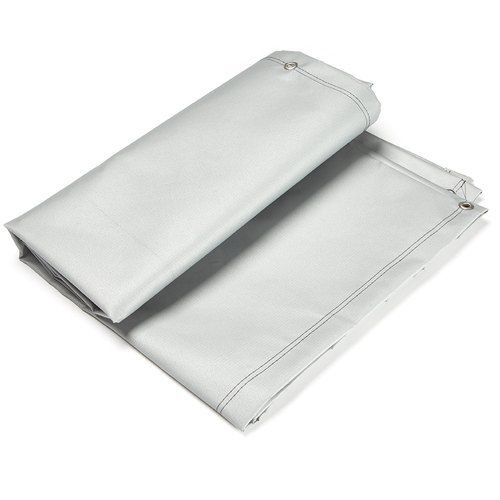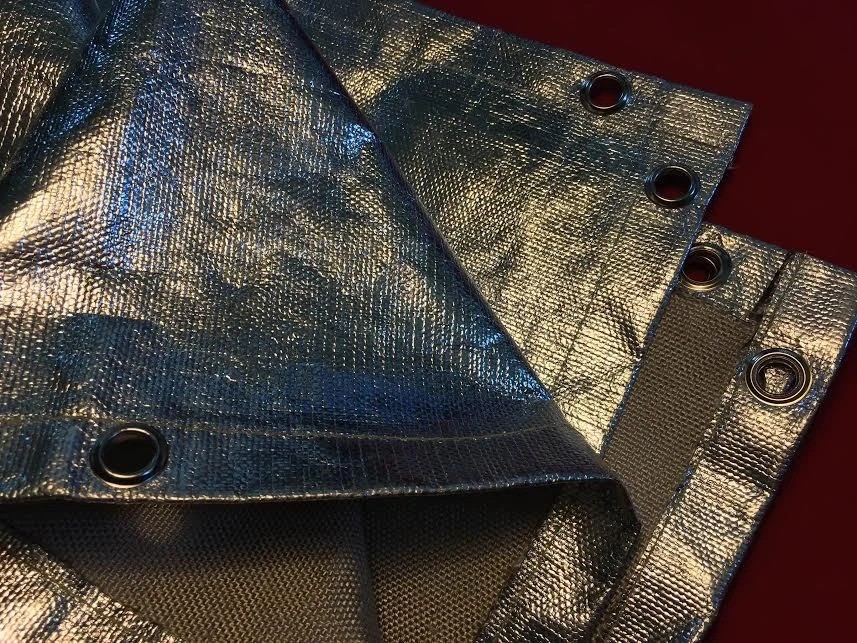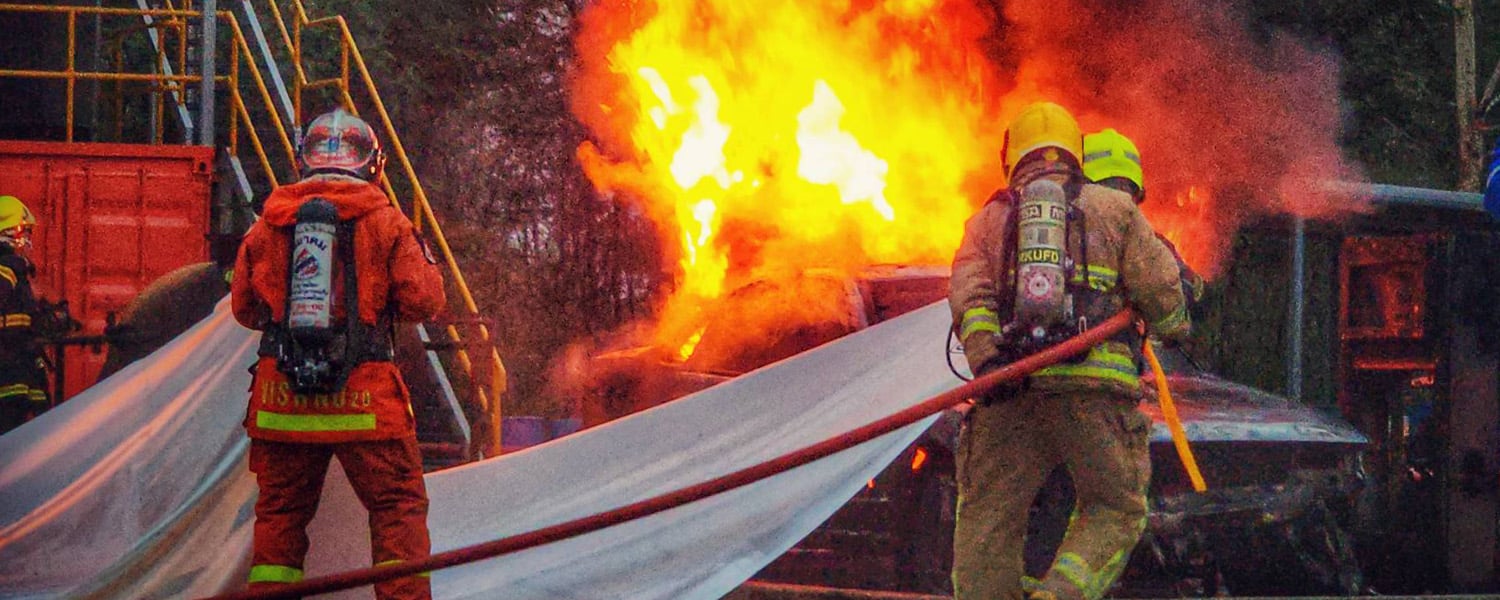Thermal Blankets for Welding: Protection & Heat Control Solutions
Thermal blankets for welding protect surrounding areas from heat damage and sparks. They maintain temperature control, improve safety, and prevent fire hazards. This guide explains their types, benefits, and proper usage for optimal welding results.
What Are Thermal Blankets for Welding?
Welding thermal blankets are heat-resistant protective covers made from materials like fiberglass, silica, or ceramic fibers. You use them to shield nearby surfaces, equipment, or components from extreme heat, sparks, and molten metal splatter during welding operations.
Key Benefits of Using Thermal Blankets
When you use thermal blankets for welding, you get several advantages:
- Heat protection:They withstand temperatures up to 2000°F (1093°C)
- Fire prevention:Reduce risk of accidental fires from sparks
- Workpiece insulation:Maintain consistent temperatures for better weld quality
- Equipment protection:Shield sensitive components near welding areas
- Reusable:High-quality blankets last through multiple welding jobs
Types of Welding Thermal Blankets
Choose the right thermal blanket based on your welding needs:
Fiberglass Welding Blankets
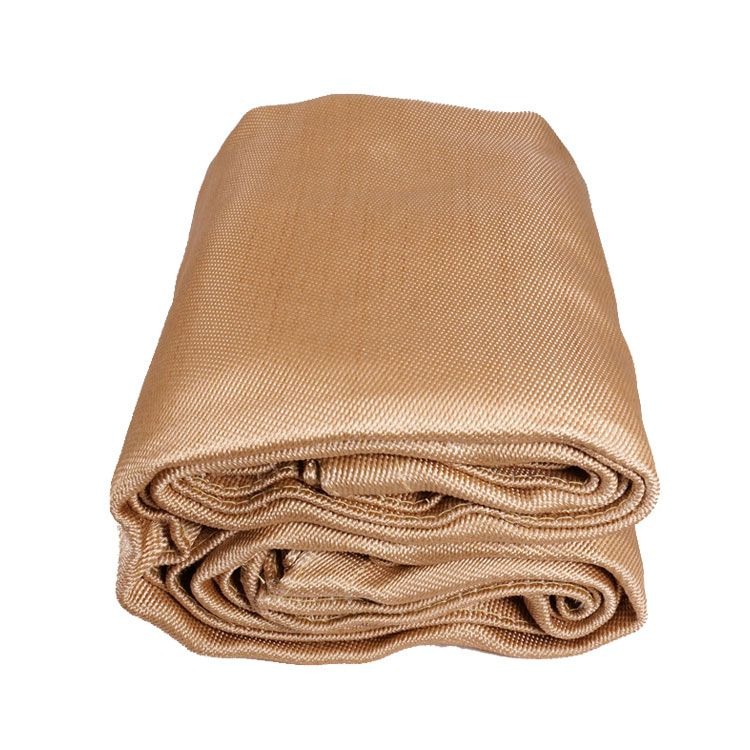
These are the most common thermal blankets for welding. You'll find them affordable and effective for general-purpose welding. They typically handle temperatures up to 1000°F (538°C).
Silica Fabric Blankets
When you need higher temperature resistance (up to 1800°F/982°C), silica blankets work better. They're flexible and resist thermal shock, making them ideal for critical applications.
Ceramic Fiber Blankets
For extreme heat conditions (up to 2300°F/1260°C), ceramic fiber thermal blankets provide superior protection. You'll want these for high-temperature welding processes.
How to Select the Right Thermal Blanket
Consider these factors when choosing thermal blankets for welding:
- Temperature rating:Must exceed your welding process temperatures
- Size and coverage:Should fully protect your work area
- Material thickness:Thicker blankets offer better insulation
- Flexibility:Important for wrapping complex shapes
- Durability:Look for tear-resistant materials
Proper Usage Techniques
To get the most from your thermal blankets for welding:
- Always inspect blankets for damage before use
- Secure blankets properly to prevent movement during welding
- Overlap multiple blankets when covering large areas
- Keep blankets clean from oil and grease buildup
- Store folded or rolled in dry conditions
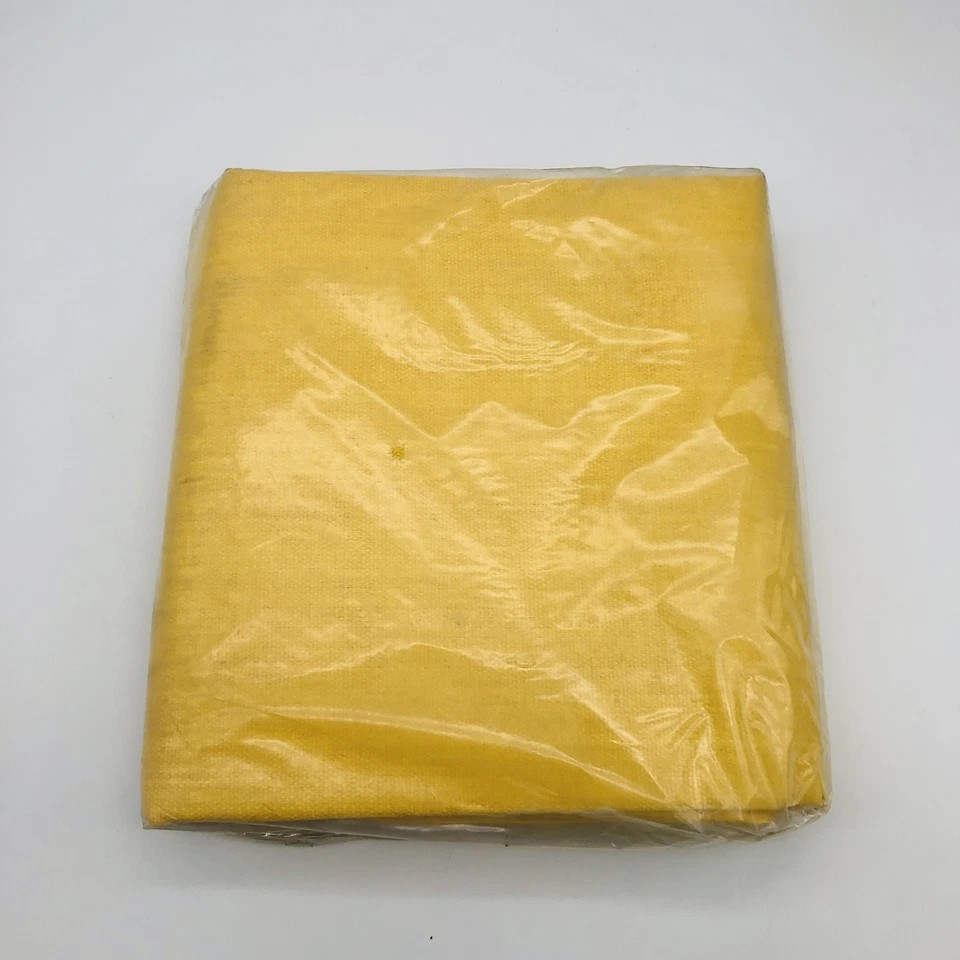
Maintenance and Safety Tips
Follow these practices to extend your thermal blankets' lifespan:
- Clean with compressed air or soft brush - never wash with liquids
- Check for frayed edges or holes regularly
- Replace blankets showing significant wear
- Never use damaged blankets - they lose protective qualities
- Wear gloves when handling used blankets to avoid fiber irritation
Common Applications
Thermal blankets for welding serve multiple industries:
- Automotive:Protecting vehicle components during repairs
- Aerospace:Shielding sensitive aircraft parts
- Construction:Covering structural elements during welding
- Manufacturing:Insulating production line equipment
- Shipbuilding:Protecting vessel interiors from welding heat
Cost Considerations
Prices for thermal blankets vary based on:
- Material type (fiberglass being most affordable)
- Temperature rating (higher ratings cost more)
- Size and thickness requirements
- Brand reputation and quality
While cheaper options exist, investing in quality thermal blankets for welding saves money long-term through better protection and durability.
Conclusion
Thermal blankets for welding are essential safety tools that protect your work area and improve welding results. By choosing the right type and using them properly, you enhance safety, protect equipment, and maintain better temperature control. Always match the blanket to your specific welding needs for optimal performance.


